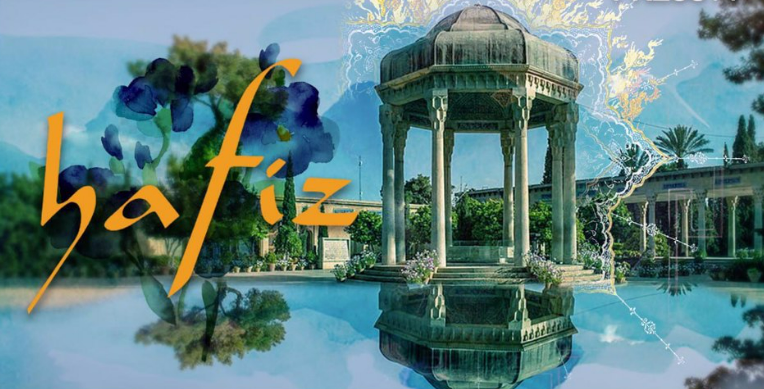How Iran’s ‘national poet’ Hafez Shirazi captivated hearts worldwide
Surrounded by mighty trees and beautiful orchards lies the mausoleum of Hafez Shirazi in the cultural capital of the Islamic Republic of Iran, Shiraz. The ‘national poet’ of Iran is resting peacefully, visited by legions of his devotees from across the world every day. Hafez is not confined to Hafezieh, the up-scale area where his final resting place is situated in Shiraz, but seeped into the everyday life of Iranians, young and old, urban or rural

How Iran’s ‘national poet’ Hafez Shirazi captivated hearts worldwide
Surrounded by mighty trees and beautiful orchards lies the mausoleum of Hafez Shirazi in the cultural capital of the Islamic Republic of Iran, Shiraz. The ‘national poet’ of Iran is resting peacefully, visited by legions of his devotees from across the world every day. Hafez is not confined to Hafezieh, the up-scale area where his final resting place is situated in Shiraz, but seeped into the everyday life of Iranians, young and old, urban or rural.
At every place and on every important occasion, Iranians consult the Persian poet’s masterpiece ‘Divan e Hafez’ to seek answers, help and guidance. The poet never disappoints. Poetry, in particular, that of Hafez, occupies a significant place in Iranian society. This art form is an important part of the lives of all Iranians.
However, among all Persian poets, Hafez occupies a special place for Iranians.
Khawaje Shams-u-Din Moḥammad Ḥafeẓ Shirazi was born in 1315 in the city of Shiraz. Having memorized the Holy Quran at a young age, he was bestowed the title of “Hafez”. The influence of Hafez extends far beyond contemporary Iran. The poetry of the Nightingale of Shiraz has had a hypnotic influence only on the East, but his verses also inspired poets in the West.
Founding oriental studies as an academic field, the prominent orientalist, Joseph von Hammer Purgstall, translated the Diwan e Hafiz in 1846. The translated work inspired Goethe to create a collection of poems titled The West-Eastern Divan. The poetry of Hafez led Goethe, the legendary German philosopher, to call him “Saint Hafiz” and a “Celestial Friend”, as it oozes with spiritualism and asceticism.
For Goethe, Persian poetic language reached its zenith in the verses of Hafez in whom he was able to find the magnificence of ideas and the view of the world he had been searching all his life. Inspired by Goethe’s West-Eastern Divan, a number of German poets, including Friedrich Ruckert and August von Platen, composed poems on the model of Ghazal.
Prominent among the German thinkers fascinated by Hafez was Friedrich Nietzsche, who repeatedly mentioned him in his seminal works. Nietzsche was deeply interested in Hafez and praised him as an ideal poet and spent many years reading his works. The Persian poet appears almost a dozen times in the writings of Nietzsche. “Nietzsche praised Hafez for ‘mocking blissfully’. For him, Hafez is the Oriental free-spirit man who keeps celebrating the joys and sorrows of life.

Write your comment.